
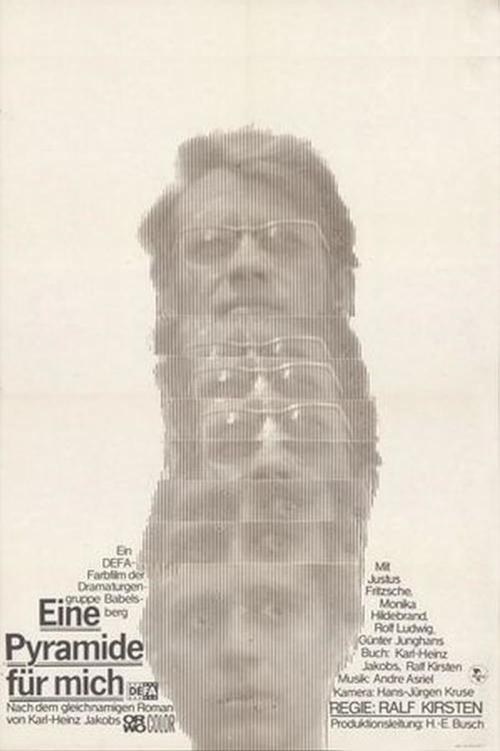
A conference is to be held once again to discuss the construction of a new dam, which Professor Paul Satie rejects. During a train journey, he spontaneously leaves the train. Here in Wolfsgrün, from 1948 to 1950, he helped build the old, now far too small dam as a youth brigadier. He and the others who helped build it have erected a monument to this. A monument with his name on it. Is that perhaps why he is against the new dam?
No Trailers found.
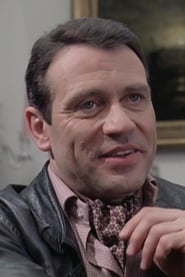
Satie

Hanka

Trümpi

Balaschin
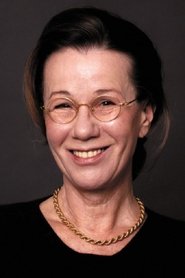
Annie
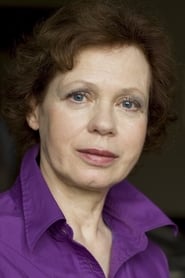
Margot

Petipa
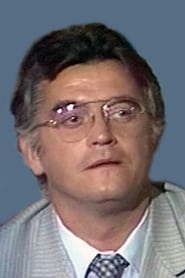
Warkowitzki

Struller

Grützner

Hannelore

Pinkus